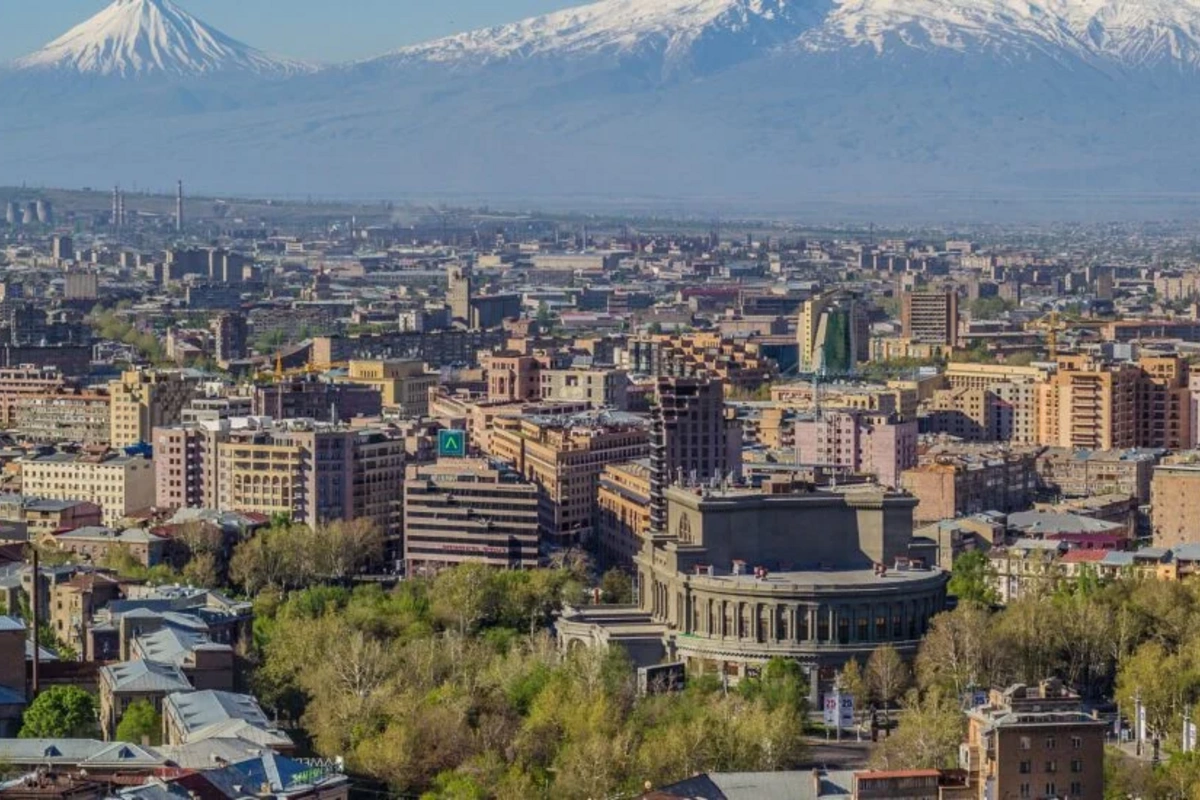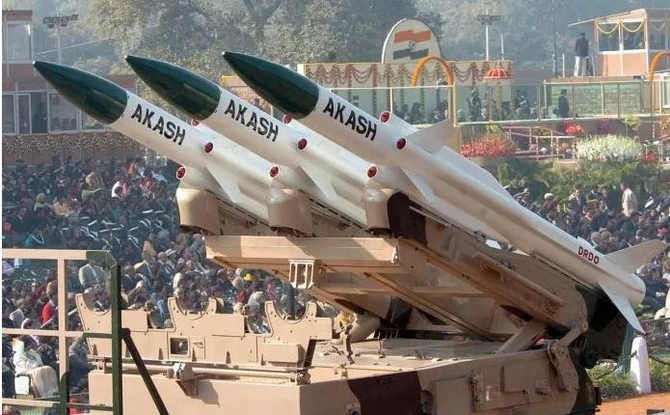
Google images
Due to geographical and historical circumstances, Armenia finds itself landlocked within mountainous terrain, without access to maritime routes. Additionally, with territorial claims against several neighboring states, it has become isolated from critical trade routes and transport corridors, which could have ensured stable economic development and prosperity.
Following its defeat in the Karabakh war, there have been some attempts to improve relations with neighboring countries. However, internal political instability and conflicts between various factions have hindered the normalization process with Azerbaijan, which remains slow and uncertain.
Furthermore, the wavering stance of Armenia’s leadership between Russia and the collective West has further complicated the country’s situation. Revanchist sentiments persist in Armenia, with widespread dissatisfaction regarding the borders established during the Soviet era. Prime Minister Nikol Pashinyan has warned radicalized citizens that rejecting recognition of Soviet-era borders poses significant risks for the country. In his view, a refusal to acknowledge internationally recognized territory would effectively "open Armenia’s gates to others."
Despite these warnings, the ruling elite is in no rush to amend the country’s Constitution to eliminate expansionist claims against its neighbors.
In this context, Armenia’s policy, grounded in the principle of "the enemy of my enemy is my friend," becomes increasingly evident.
Strategic Triad: India, Iran, and Armenia
On December 12, 2024, trilateral consultations were held in New Delhi between India, Iran, and Armenia, focusing on regional cooperation. The participants emphasized the strategic importance of the International North-South Transport Corridor (INSTC) and the Chabahar port as pivotal logistics hubs. Discussions centered on promoting trade, tourism, and cultural exchange while enhancing regional stability through multilateral cooperation.
Armenia’s "Crossroads of the World" initiative was recognized as a significant effort toward fostering regional connectivity. At the heart of the discussions was the INSTC, a multilayered trade route linking South Asia to Europe via Iran and the Caucasus. All three nations reaffirmed their commitment to strengthening the functionality of this corridor, with the Chabahar port in Iran playing a central role.
India has taken on the primary financial responsibility for modernizing and operating Chabahar, a port with direct access to the Indian Ocean, poised to become a key link between the Middle East and Eurasia. Chabahar is expected to evolve into a transit hub for the INSTC, in which Russia is also a participant.
Beyond its economic dimension, the project carries significant geopolitical weight. By managing Chabahar, India bolsters its competition with Pakistan’s Gwadar port and China’s Belt and Road Initiative. The port is set to become a vital trade artery connecting India to Afghanistan and Central Asia, enabling New Delhi to counterbalance Pakistan’s and China’s influence in these regions.
Iran’s efforts to develop the "Persian Gulf-Black Sea" corridor further align with these objectives, aiming to establish transit and trade links with Europe.
Challenges and Alliances
The cooperation between India, Iran, and Armenia is perceived as a counterbalance to the Azerbaijan-Turkey-Pakistan alliance. Iran’s involvement in Armenia’s Syunik region and its opposition to Azerbaijan’s proposed Zangezur Corridor underscore the Islamic Republic’s strategic interest in maintaining influence in the South Caucasus.
However, Armenia faces significant infrastructure challenges, such as weak transit routes and the absence of a railway connection to Iran. The North-South highway linking Yerevan to Meghri, on the Iranian border, is narrow and frequently impassable during winter, hampering trade.
By contrast, Azerbaijan offers more developed transit infrastructure, making its routes within the INSTC more attractive. Despite economic interests, Iran has prioritized ideological considerations over pragmatic ones, seeking to redirect trade flows toward Armenian and Georgian routes.
India, while maintaining positive relations with both Armenia and Azerbaijan, appears to be tilting the fragile balance in the South Caucasus by providing unilateral military support to Armenian revanchists through arms supplies. According to Indian agency ANI, Armenia has already purchased 15 "Akash" surface-to-air missile systems worth $600 million from India. Over the past two years, defense contracts worth hundreds of millions of dollars have been signed between the two nations, including the delivery of howitzers, multiple rocket launch systems, ammunition, and other military equipment.

Iran’s Ambiguous Stance
Iran’s policy of Islamic solidarity has often leaned conspicuously in favor of Christian Armenia rather than Muslim-majority Azerbaijan. This is primarily due to the presence of 25-35 million ethnic Azerbaijanis in Iran. Tehran fears that Azerbaijan could foster separatist and secular sentiments among this significant demographic.
Additionally, Iran is alarmed by Azerbaijan’s strengthening ties with Israel. Since the early 21st century, Baku has been supplying oil and petroleum products to the Jewish state in exchange for advanced technology and weaponry.
Consequently, Armenia has become a more favorable partner for Tehran, as the country’s antisemitic sentiments align with the Islamic Republic’s political rhetoric.
However, Armenia’s reliance on Iran appears increasingly ineffective. The Ayatollah regime is showing signs of decline amid economic turmoil. In the near future, Prime Minister Nikol Pashinyan will likely need to seek new allies capable of supporting Armenia in its complex geopolitical landscape.
Share on social media